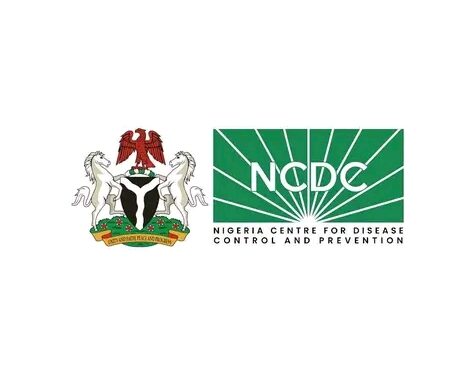Amid growing global concern over the rising threat of antimicrobial resistance (AMR), key players in Nigeria’s health sector converged today in Lagos for a strategic dialogue aimed at mobilising the private sector in the national response to this escalating public health challenge. The event, held as part of this year’s World Health Expo Lagos (WHX Lagos), was convened in partnership with the Nigeria Centre for Disease Control and Prevention (NCDC), DRASA Health Trust, and Ducit Blue Solutions.
AMR, which occurs when microorganisms such as bacteria, viruses, fungi, and parasites evolve and resist the effects of antimicrobial drugs, has been described by the World Health Organization as one of the top ten global public health threats facing humanity. Experts warn that without urgent, coordinated efforts, the gains made over decades in medicine, agriculture, and economic development could be undone, particularly in low- and middle-income countries such as Nigeria.
Today’s high-level dialogue brought together representatives from pharmaceutical companies, healthcare providers, diagnostics firms, regulators, and innovators from the private sector to explore their critical role in curbing the spread of resistant infections. Participants examined the economic and health consequences of unchecked antimicrobial misuse, the importance of surveillance and responsible prescribing practices, as well as the need for investment in research and development of new drugs, vaccines, and diagnostic tools.
Dr. Ifedayo Adetifa, Director General of the NCDC, stressed the importance of collaboration between public institutions and private enterprises, noting that while government agencies are leading the national AMR strategy, meaningful progress will require buy-in and leadership from the private sector. He emphasized the importance of data-driven decisions, improved access to quality-assured antibiotics, and stronger infection prevention and control measures in both clinical and community settings.
The dialogue also featured contributions from DRASA Health Trust, which is playing a key role in building awareness on AMR among health workers and the general public, as well as Ducit Blue, which is advancing innovations in health system strengthening and supply chain integrity.
Stakeholders at the session agreed that antimicrobial resistance is not just a medical issue but a cross-sectoral challenge with implications for food security, environmental sustainability, and economic resilience. By engaging the private sector in the national AMR response, Nigeria is taking a bold step toward a more unified and sustainable approach to preserving the effectiveness of life-saving medicines for future generations.
As World Health Expo Lagos continues to spotlight the country’s most pressing health priorities, today’s session marks a timely and strategic move to broaden the AMR conversation and ensure that no sector is left behind in the fight against drug-resistant infections.
